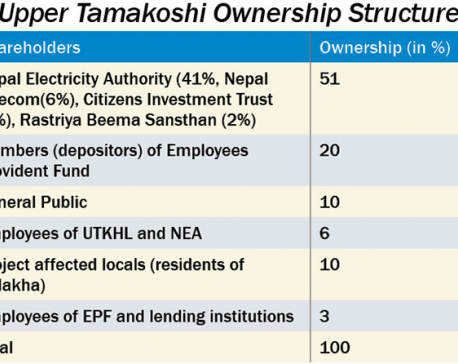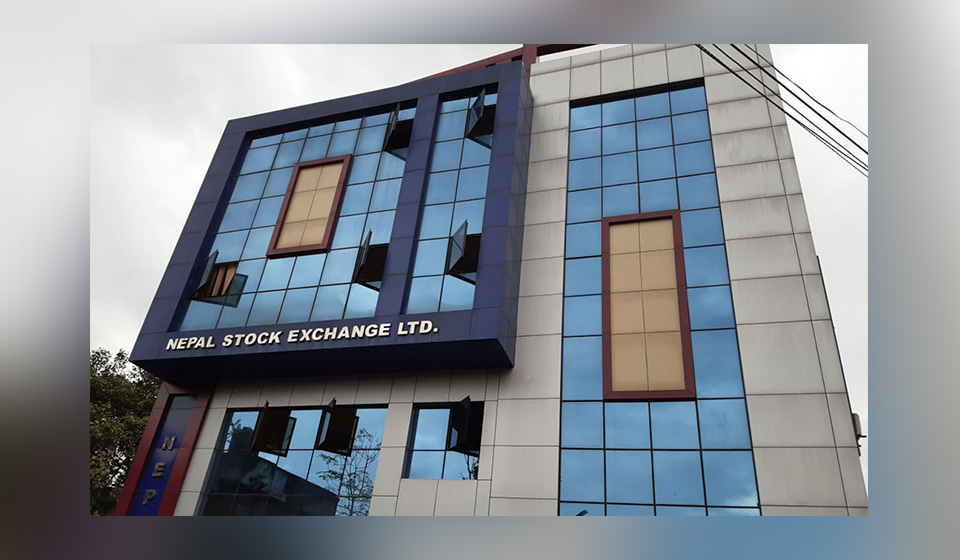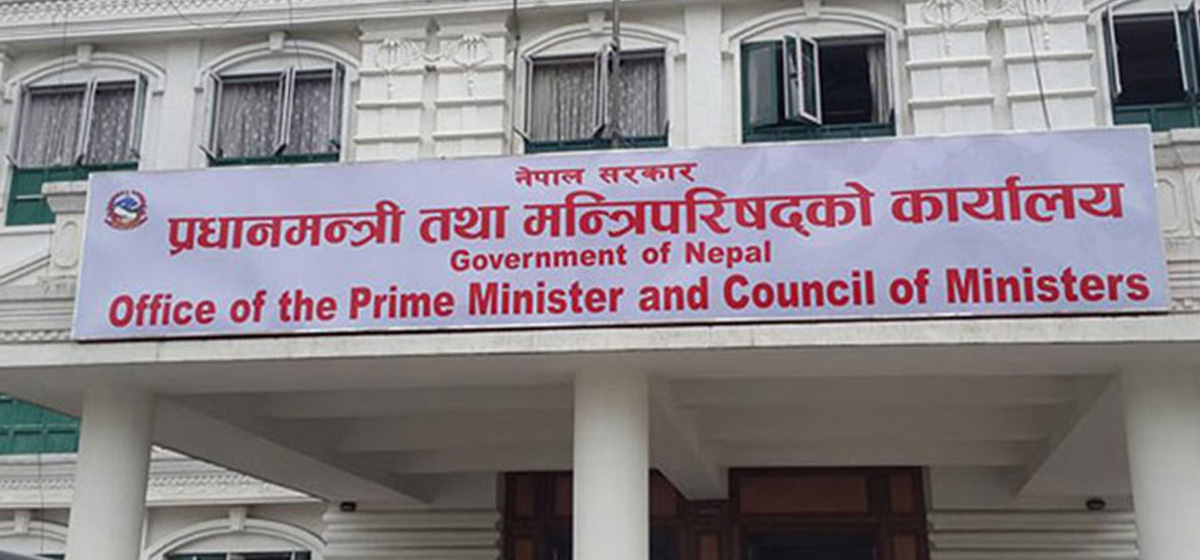
OR
New regulation on listing, trading of securities
Public shares to be listed immediately after allotment
Published On: July 14, 2018 07:41 AM NPT By: Republica | @RepublicaNepal
KATHMANDU, July 14: Securities Board of Nepal (Sebon) has introduced a new regulation on the listing and trading of securities, requiring companies to list their securities immediately after the allotment.
With the new regulation coming into effect from July 17, companies floating their securities must apply for the listing in the stock market within seven days of approval of their prospectus by the Sebon so that such securities can get listed for trading in the secondary market immediately after the allotment. The new arrangement will shorten the time period that the shares issued through the initial public offering or further public offering takes to get listed and traded in the stock market.
Earlier, public companies floating their securities were required to apply for the listing at the stock exchange company within 30 days of the allotment.
According to Sebon officials, the new regulation will shorten the time taken for the securities floated to public to get listed in the stock market for trading.
“With dematerialized trading system and Applications Supported by Blocked Amount (ASBA) systems in place, the duration of the public offering as well as allotment has shortened,” said an official at the Sebon.
“The new provision in the regulation that requires public companies to apply for listing within 7 days of prospectus approval by Sebon will enable the trading of securities immediately after the allotment and provide investors an opportunity of trading as well as liquidity quickly,” the official added.
Not only the new regulation provides the automated electronic trading system to be used by stock exchange company a legal recognition, such modernized trading system must be set up for the trading of securities in the stock market.
According to the new regulation that replaces the existing ‘Securities Transactions Regulation, 2050’, the stock exchange company must carry out the system audit of the trading system to strengthen the credibility of the trading system. The audit report should be submitted to the Sebon.
The new regulation has also envisioned the classifications of listed companies into four categories based on their paid-up capital, return and compliance record, among other categories. Now, listed companies will be classified into ‘A’, ‘B’, ‘G’ and ‘Z’. Earlier, Nepse used to classify companies into only two categories: ‘A’ and ‘B’.
“The classifications of listed companies will help investors to estimate the level of risks in the listed companies and facilitate them in trading,” read a statement issued by the Sebon on the issuance of the new regulation.
The new regulation has also paved way for those public companies who want to scrap the listing of their securities in the stock market. However, the decision of the voluntary delisting of the securities must be approved by 90 percent of shareholders of the company while the directors of the company should purchase all shares of those shareholders who disapprove the delisting, according to the new regulation.
Electronic surveillance system should be established by stock exchange company for the supervision of transactions in the securities market, according to the new regulation.
You May Like This

Upper Tamakoshi gets Sebon nod to float public shares
KATHMANDU, June 10: Upper Tamakoshi Hydropower Ltd has received approval from the Securities Board of Nepal (Sebon) to float its primary... Read More...

Public outcry over declaration of public holiday on Mukherjee’s Nepal visit
KATHMANDU, Oct 27: The government's decision to observe a public holiday during the upcoming Nepal visit of Indian President Pranab Mukherjee... Read More...

Public outcry over decision to lease public land to ruling party
BIRGUNJ, Aug 25: The decision of local authorities of Parsa to approve the lease of Rs 80 million worth of... Read More...





Just In
- Rato Machhindranath Jatra begins (With Photos)
- Bhatbhateni Supermarket Chairman Gurung pledges to contribute Rs 410 million to build a children's hospital
- Gold price surged Rs 2,500 per tola last week
- Sarlahi section of east-west electric railway project witnesses 90 percent progress
- 2.2 km road waiting blacktopping for over 22 months in Kaski
- NEPSE lost 33.73 points, while investors lost Rs 52 billion from shares trading last week
- KMC starts homework to draft policy and program and annual budget for FY 2024/25
- Joint meeting of Federal Parliament to be held on May 14, President to address the meeting














Leave A Comment